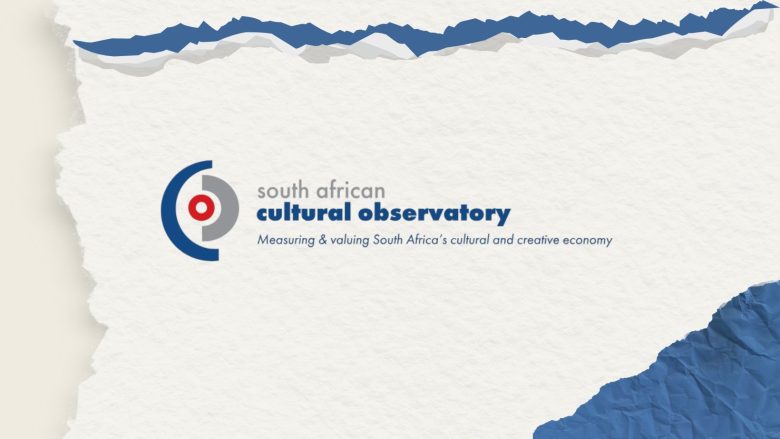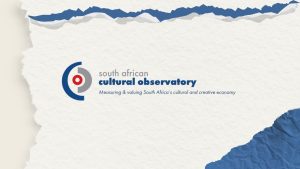I’m excited to share that I’ve officially submitted my Honours research thesis to an international conference focused on reimagining the future of the creative industries.
My study explores how d/Deaf characters are portrayed in film and television, and how these representations shape perceptions among both d/Deaf and hearing audiences. It’s an area I’m deeply passionate about—ensuring that onscreen stories reflect diverse, authentic experiences and challenge old stereotypes.
This feels like an important step in contributing to broader conversations about inclusion, storytelling, and the power of media to drive change.
I look forward to hearing whether my abstract will be accepted, and I’m hopeful this work will open up more opportunities to advocate for accessible and representative creative futures.
Thank you to everyone who has encouraged me along the way—watch this space for updates!
*

Why Choose This Abstract?
- My research examines how film and television can be reimagined to be more inclusive and representative of d/Deaf communities.
- It contributes to a vision of the creative industries evolving to better reflect diverse identities and experiences.
- This category is broad enough to cover screenwriting, representation, and cultural change.
Keywords:
d/Deaf representation, Inclusive storytelling, Disability and media, Onscreen diversity, Cultural representation, Creative industries
Background:
Media representation of d/Deaf individuals has historically been limited, stereotypical, or inaccurate, contributing to misconceptions and reinforcing marginalisation. In South Africa, research on d/Deaf onscreen characters remains scarce despite the growing importance of inclusive storytelling in the creative industries. This study addresses this gap by analysing film and television portrayals of d/Deaf characters and their impact on both d/Deaf and hearing audiences.
Objectives:
The study aimed to:
- Examine the dominant representations of d/Deaf characters in selected films and TV series.
- Explore how these portrayals influence perceptions and attitudes among d/Deaf and hearing audiences.
- Identify strategies to improve the authenticity and diversity of d/Deaf representation in screen media.
Methods:
The research used a qualitative, interpretative approach combining content analysis and focus group discussions. Four films and television shows featuring d/Deaf characters were analysed to identify recurring themes, stereotypes, and narrative patterns. Additionally, focus groups with d/Deaf and hearing participants were conducted to explore audience interpretations and emotional responses. Data were thematically coded to synthesise patterns and insights.
Results:
Findings revealed that while some productions have progressed towards more nuanced portrayals, d/Deaf characters are still frequently framed through stereotypes—such as being portrayed as helpless, dependent, or inspirational solely because of their deafness. d/Deaf focus group participants expressed frustration with reductive depictions and a desire for stories reflecting everyday realities, complex identities, and agency. Hearing participants often relied on these portrayals to inform their understanding of d/Deaf culture, underscoring the importance of accurate representation.
Conclusion:
Authentic and diverse portrayals of d/Deaf characters are critical to fostering understanding, reducing stigma, and supporting inclusive creative futures. This research demonstrates that the South African film and television industry has both the opportunity and responsibility to rethink how d/Deaf experiences are depicted on screen. By prioritising collaboration with d/Deaf creatives, consulting culturally informed perspectives, and challenging stereotypes, the creative industries can contribute to a richer and more equitable media landscape.
*
Read my full research thesis HERE.


